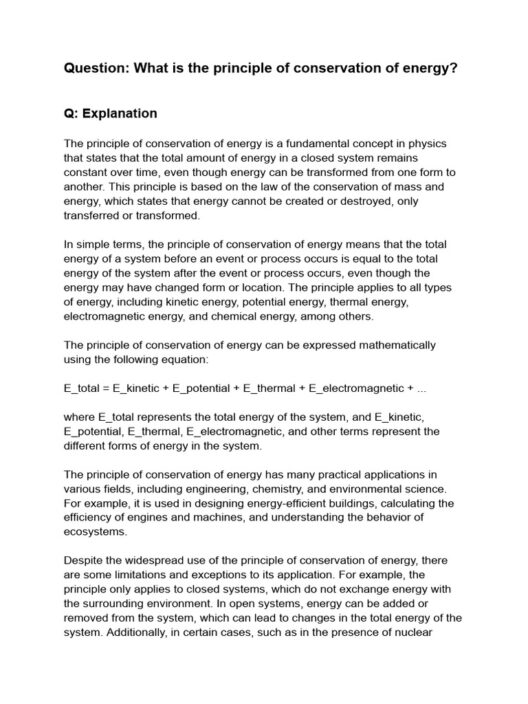Global warming is an pressing issue that requires collective action on a personal level. Each individual has the capacity to contribute towards mitigating the effects of climate change. The following sections provide an extensive array of actionable steps one can undertake to make a positive impact on the environment. By integrating these measures into daily routines, you can foster a sustainable lifestyle that promotes ecological well-being.
1. Embrace Energy Efficiency
One of the most efficacious approaches to combat global warming is to enhance energy efficiency within your home. Begin by swapping incandescent bulbs for LED alternatives, which consume significantly less energy and have a longer lifespan. Additionally, consider investing in energy-efficient appliances. Look for the ENERGY STAR label, which designates products that utilize less energy and water. Even the smallest changes can lead to substantial reductions in electricity consumption over time.
On a larger scale, recalibrating your thermostat during seasons can minimize unnecessary energy use. For instance, setting your thermostat a few degrees lower in winter and higher in summer can greatly decrease heating and cooling demands. This simple adjustment can save considerable energy while also trimming your utility bills.
2. Reduce Water Consumption
Water scarcity is an escalating issue exacerbated by climate change. By reducing water usage, you contribute to conserving this precious resource. Begin with mindful habits; fix leaky faucets, take shorter showers, and turn off the tap while washing your hands. Installing low-flow showerheads and faucet aerators can significantly reduce water flow without sacrificing pressure.
In the garden, opt for xeriscaping, a landscaping method that requires minimal irrigation. Many native plants thrive in their local environments with little to no additional watering. This not only conserves water but also promotes biodiversity by supporting local wildlife.
3. Advocate for Sustainable Transportation
Transportation is one of the largest contributors to greenhouse gas emissions. Transitioning from single-occupant vehicles to sustainable alternatives can significantly curtail your carbon footprint. Whenever feasible, opt for public transport, carpooling, cycling, or walking. Not only do these alternatives contribute to reducing emissions, but they also encourage healthier lifestyles.
For those needing to drive, consider investing in an electric or hybrid vehicle. The shift to electric vehicles (EVs) not only reduces reliance on fossil fuels but also minimizes air pollution. Make a conscious effort to maintain your vehicle as well; regular maintenance ensures optimal fuel efficiency and reduces harmful emissions.
4. Support Renewable Energy Sources
Promoting renewable energy is crucial in the fight against global warming. If you have the means, consider installing solar panels on your property. This investment not only reduces reliance on fossil fuels but can also lead to long-term savings on energy costs. In addition, many local governments offer incentives for solar installation, making it more affordable.
If solar panels are not feasible, explore options to purchase green energy from your utility provider. Many organizations now offer the option to source energy from renewable resources such as wind or hydroelectric power, further supporting the transition to sustainable energy systems.
5. Minimize Waste
Waste reduction is another impactful way to combat global warming. Begin by adopting the three R’s: Reduce, Reuse, and Recycle. Strive to eliminate unnecessary single-use plastics from your life, opting instead for reusable bags, bottles, and containers. High-quality items that can be used repeatedly reduce the need for disposables, thereby decreasing landfill contributions.
Composting is an excellent method to manage organic waste while enriching your soil. By diverting food scraps and yard waste from landfills, you can reduce methane emissions, a potent greenhouse gas produced in landfills. Composting not only supports waste reduction but also promotes healthier garden ecosystems.
6. Consume Responsibly
Your purchasing decisions can play a pivotal role in addressing climate change. Opt for locally sourced, organic produce whenever possible. Foods that are locally grown require less transportation, which contributes to lower carbon emissions. Additionally, supporting local farmers enhances the community economy and encourages sustainable agricultural practices.
Reduce your meat consumption as well. The meat industry is one of the largest contributors to greenhouse gas emissions. By integrating more plant-based meals into your diet, you can significantly lessen your environmental impact. Even adopting a “Meatless Monday” can contribute to a lower carbon footprint.
7. Engage in Community Initiatives
In addition to individual actions, participating in community initiatives fosters a collaborative approach to combat global warming. Join local environmental organizations that focus on reforestation, conservation, or sustainability efforts. These organizations often engage in community clean-up activities, tree planting events, and education campaigns aimed at raising awareness of climate change issues.
Consider becoming an advocate for policy changes at the local or national level. Engaging in discussions with legislators to support climate-friendly policies can lead to significant changes. Starting conversations in your community about the importance of climate action can inspire collective responsibility and raise awareness.
Conclusion
Each person’s efforts can cumulatively have a profound impact on the fight against global warming. By adopting energy-efficient practices, conserving water, utilizing sustainable transportation, supporting renewable energy, minimizing waste, consuming responsibly, and engaging in community initiatives, you contribute to a healthier planet. Remember, change begins at home with individual actions, but it can lead to far-reaching consequences. Together, through dedication and perseverance, we can work towards a sustainable future that champions environmental integrity and ensures a livable planet for generations to come.








